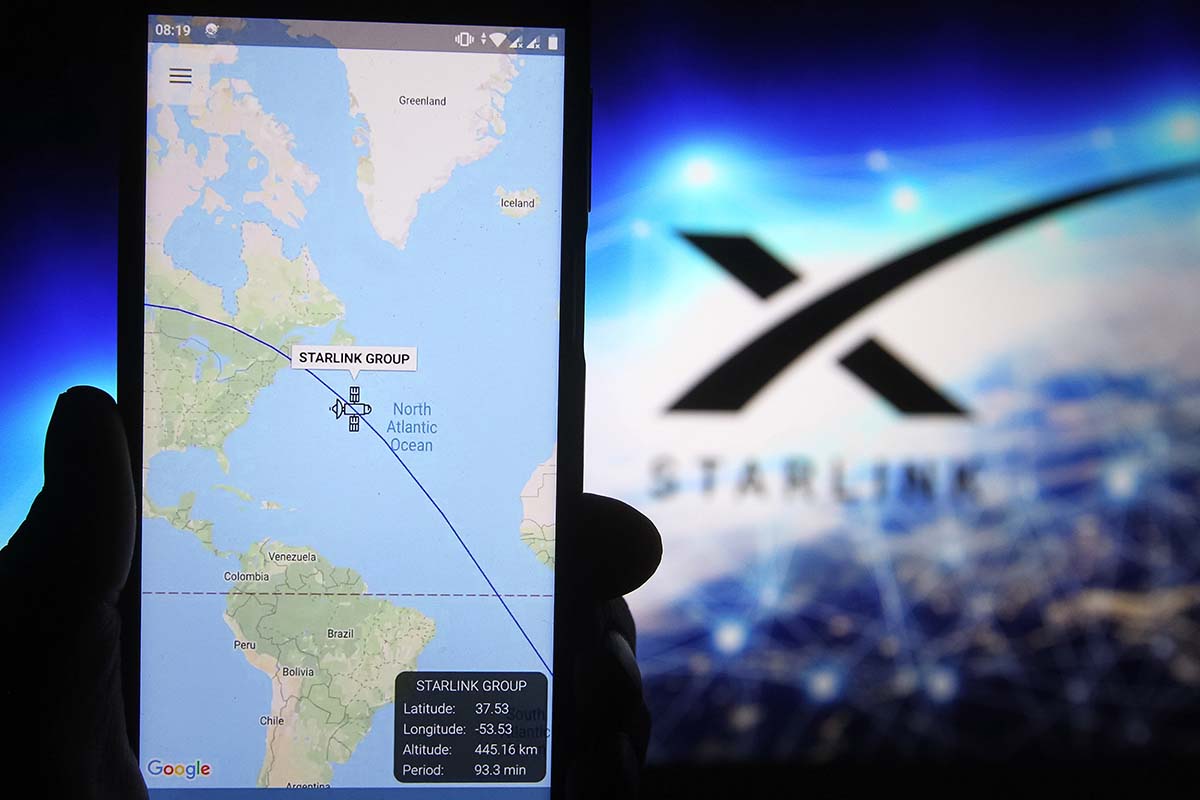Well, it’s gotta be better than Comcast, right?
Jokes aside — although terrible terrestrial internet service is no laughing matter — you may have been hearing a lot about the SpaceX Starlink service this week. Elon Musk’s space-based internet service went into beta in October and currently has 10,000 subscribers around the globe.
Not a lot, admittedly, so why should we care? A little background on one of Musk’s more ambitious and worthy tech endeavors:
- The service is $99 per month and a one-time $499 cost to order the Starlink Kit, which connects you to the satellites.
- The goal here is offer high-speed internet to under-serviced areas (or, really, anywhere) via thousands of low-orbit satellites and additional ground-based stations. The FCC has authorized SpaceX to launch just under 12,000 satellites for the service, although the company will only have about a third of that number by 2024. That said, Starlink currently makes up a quarter of all active satellites.
- According to the company, data speeds on Starlink vary from 50Mb/s to 150Mb/s and latency from 20ms to 40ms in most locations.
- The company recently petitioned the FCC to be designated as an Eligible Telecommunications Carrier, which “will enable the company to receive support that will facilitate rapid deployment of broadband and voice service to the Service Areas at speeds and latency comparable to terrestrial systems in urban locations” (i.e., get funding and approval to service rural areas better)
- Wait, aren’t all those satellites a potential hazard? According to Starlink, the satellites will utilize on-board propulsion systems to de-orbit over the course of a few months, and their low-orbit means they can burn up in Earth’s atmosphere over the course of a few years.
As noted by Tech Radar, satellite-powered internet is already a thing, but not necessarily a useful one; current data speeds from other space-based brands are potentially going up to minuscule 512 kbps soon, while Starlink will potentially have faster speeds than fiber optic internet. For now, space service is primarily for remote scientists (e.g., in Antartica) or for container ships on the water.
If Starlink works out, Musk is hoping to earn up to $30 billion per year. Meanwhile, other companies like Amazon and OneWeb are developing their own space-based internet services.
Thanks for reading InsideHook. Sign up for our daily newsletter and be in the know.



















